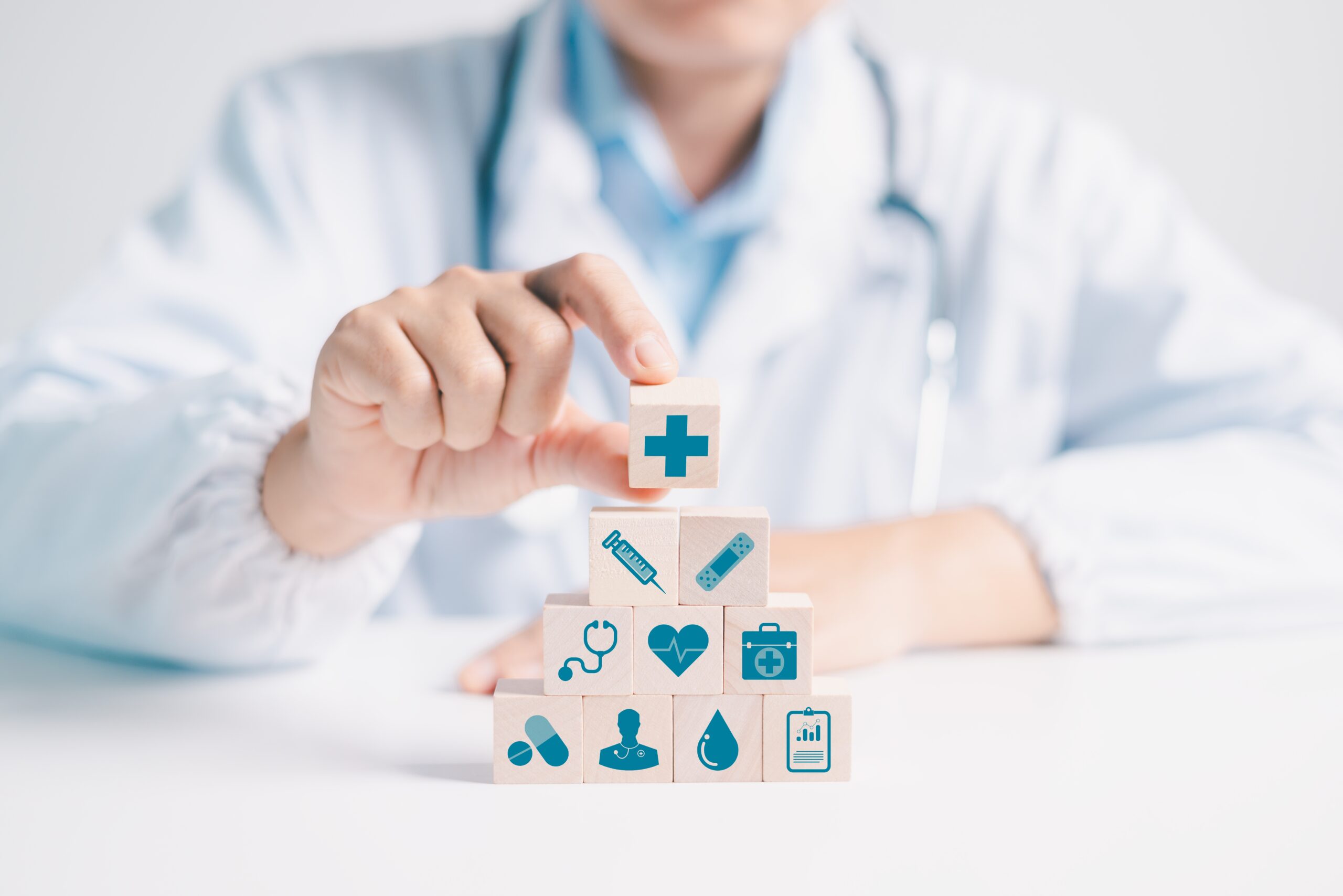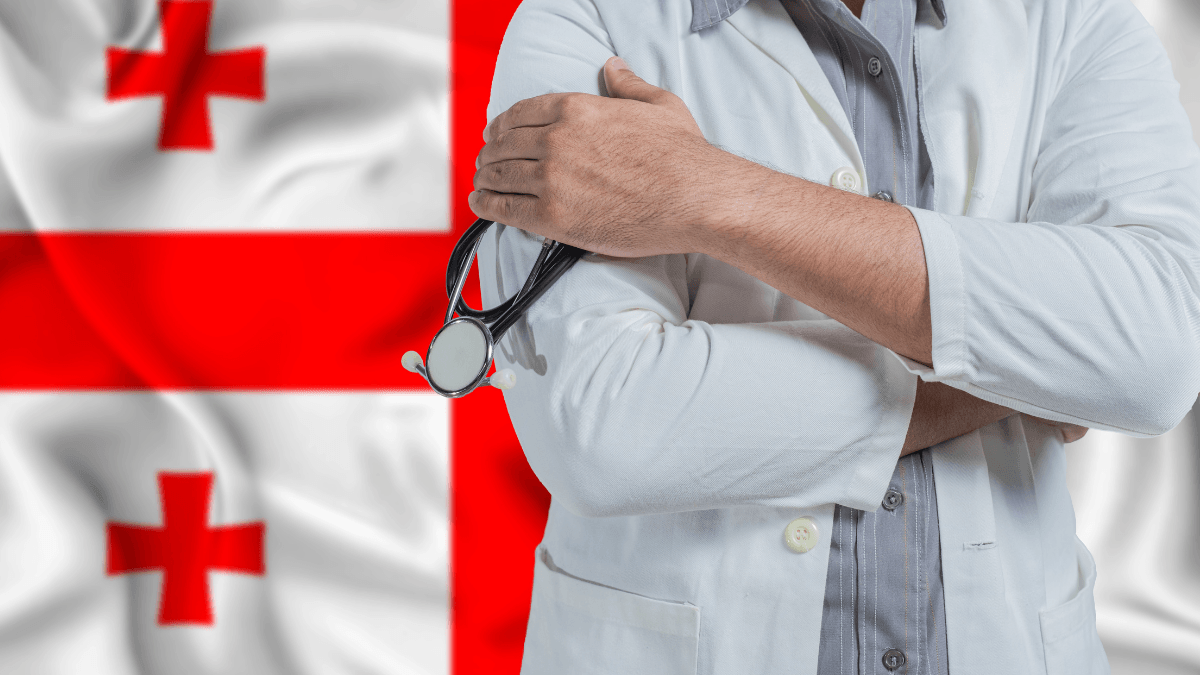
☝️ At a glance
- Medicine blends science and empathy to diagnose, treat, and prevent illnesses.
- Healthcare systems provide crucial services from prevention to rehabilitation.
- Cutting-edge technology and research innovations enhance medical treatments and patient outcomes.
- Despite challenges, innovations in personalized medicine and digital health promise a brighter future for healthcare.
Introduction to medicine
Medicine is the science and practice of diagnosing, treating, and preventing disease. It encompasses a vast range of knowledge, from understanding biological systems to developing cutting-edge treatments. Medicine is not just about curing illness—it’s about improving quality of life, managing chronic conditions, and promoting overall health.
The field of medicine integrates multiple disciplines, including biology, chemistry, physics, and even social sciences. Physicians, nurses, pharmacists, and other healthcare professionals work together to ensure patients receive the best possible care. With advancements in technology and research, medicine continues to evolve, offering new ways to tackle diseases and improve human health.

Study medicine abroad with 100% support!
futureMBBS offers full support to make your dream of studying medicine abroad a reality.
- Hassle-free admission guidance
- Fast-tracked visa processing
- Post-arrival support, including accommodation assistance
Interdisciplinary fields of medicine
Medicine is not a single discipline but a collection of many specialties, each focusing on different aspects of health, disease and related issues. Some key fields include:
Internal Medicine: Focuses on diagnosing and treating adult diseases.
Pediatrics: Specializes in the health of infants, children, and adolescents.
Surgery: Involves operative procedures to treat injuries, diseases, or deformities.
Radiology: Uses imaging techniques like X-rays and MRIs for diagnosis.
Pathology: Studies the causes and effects of diseases through laboratory analysis.
Pharmacology: Examines how drugs interact with biological systems.
Neurology: Deals with disorders of the nervous system.
Oncology: Focuses on cancer treatment and research.
Each specialty requires extensive training and expertise, ensuring that patients receive specialized care tailored to their conditions.

Become a global doctor with MBBS abroad!
Studying abroad can be affordable and stress-free with futureMBBS:
- World-recognized universities with English-taught programs
- On-site support in partner university cities
- Guaranteed placements & internships for hands-on experience
From selecting universities and supporting you with the application process to orientation and finding accommodation – we are at your side.
Education and training in medicine
Becoming a health professional is a rigorous process that involves years of education and hands-on training. The journey typically includes:
Undergraduate Studies: A strong foundation in biology, chemistry, and physics.
Medical School: Four years of intensive study, covering anatomy, physiology, pharmacology, and clinical skills.
Residency: Hands-on training in a chosen specialty (3-7 years).
Fellowship (Optional): Additional training in sub-specialties like cardiology or neurosurgery.
Medical education doesn’t stop after formal training. Doctors, nurses, and other health professionals must stay updated with the latest research, treatments, and technologies through continuous learning.
Clinical practice
It is the heart of medicine, where healthcare providers apply their knowledge to diagnose and treat patients. Key aspects include:
Diagnosis: Identifying diseases through patient history, physical exams, and diagnostic tests.
Treatment plans: Prescribing medications, therapies, or surgeries based on the diagnosis.
Preventive care: Encouraging vaccinations, screenings, and lifestyle changes to prevent illness.
Patient communication: Ensuring patients understand their conditions and treatment options.
Physicians rely on clinical judgment —a combination of experience, physical structure, evidence-based medicine, and patient-specific factors—to make informed decisions.
Medical devices and technology
Modern medicine thrives on technological advancements that enhance diagnosis, treatment, and patient monitoring. These innovations improve accuracy, minimize invasiveness, and expand access to care.
Robotic surgery allows surgeons to perform complex procedures with unmatched precision, reducing recovery times and complications. Systems like the da Vinci Surgical Robot enable minimally invasive techniques in cardiology, urology, and oncology.
Telemedicine has transformed healthcare accessibility, allowing patients in remote areas to consult specialists via video calls. This technology is vital for chronic disease management, mental health support, and post-operative follow-ups.
Wearable health tech, such as smartwatches and glucose monitors, tracks vital signs in real time. These devices alert users and doctors to irregularities, enabling early intervention for heart disease, diabetes, and sleep disorders.
AI in diagnostics uses machine learning to analyze medical images, genetic data, and electronic health records. AI algorithms detect early signs of diseases like cancer, stroke, and Alzheimer’s, often with greater accuracy than traditional methods.
These technologies streamline healthcare delivery, reduce human error, and empower patients to take control of their well-being.
Biomedical research and development
Medical research drives progress in healthcare. Scientists and researchers work on:
Drug Development: Creating new medications to treat diseases.
Vaccines: Preventing infectious diseases through immunization.
Genetic Research: Exploring gene therapy for conditions like cystic fibrosis.
Clinical Trials: Testing new treatments for safety and effectiveness.
Without research, medical breakthroughs like antibiotics, vaccines, and advanced surgical techniques would not exist.
Medications and pharmacology
Pharmacology examines how drugs interact with the body’s biological systems to treat, cure, or prevent diseases. Medications play a pivotal role in modern medicine, offering solutions for infections, chronic conditions, and mental health disorders.
Antibiotics and antivirals combat bacterial and viral infections, saving millions of lives annually. However, misuse has led to antibiotic resistance, prompting the need for new drug development.
Pain management drugs, including NSAIDs and opioids, help patients recover from injuries and surgeries. Balancing pain relief with addiction risks remains a critical challenge.
Vaccines and prophylactic drugs prevent illnesses before they occur, from childhood immunizations to travel vaccines.
Pharmacists ensure medications are used safely, advising on dosages, interactions, and side effects. Their expertise prevents adverse reactions and optimizes treatment plans.
As pharmacology evolves, biotech drugs, nanomedicine, and gene-based therapies promise more precise and personalized treatments.
The role of healthcare professionals
Medicine is a team-based field where diverse professionals work together to deliver comprehensive care.
Physicians diagnose illnesses, prescribe treatments, and oversee patient care across specialties like cardiology, neurology, and pediatrics.
Nurses provide hands-on care, monitor patients, administer medications, and educate families on managing health conditions.
Surgeons perform life-saving operations, from emergency trauma surgery to elective procedures like joint replacements.
Pharmacists ensure proper medication use, preventing harmful interactions and optimizing therapeutic outcomes.
Researchers and lab technicians drive innovation, developing new drugs, diagnostic tools, and treatment protocols.
This multidisciplinary approach ensures patients receive holistic, well-coordinated care.
Advancements in medicine and healthcare
Recent breakthroughs include:
mRNA vaccines: Revolutionizing disease prevention (e.g., COVID-19 vaccines).
CRISPR gene editing: Potential to cure genetic disorders.
Personalized medicine: Tailoring treatments based on a patient’s genetics.
3D-Printed organs: Advancing transplant medicine.
These innovations promise a future where diseases are more treatable—or even preventable.
Challenges in medicine and healthcare
Despite progress, challenges remain:
Rising costs: Healthcare affordability is a global issue.
Antibiotic resistance: Overuse leads to drug-resistant infections.
Health disparities: Unequal access to care in underserved communities.
Aging population: Increased demand for geriatric care.
Addressing these issues requires policy changes, funding, and public awareness.
The future of medicine and healthcare
The future holds exciting possibilities:
AI-Driven Diagnostics: Faster, more accurate disease detection.
Nanomedicine: Tiny robots delivering targeted drug treatments.
Regenerative Medicine: Growing tissues and organs for transplants.
Global Health Initiatives: Combating pandemics and improving worldwide healthcare access.
As science advances, medicine will continue to transform, offering hope for healthier, longer lives.
Conclusion
Medicine stands as a vital science dedicated to diagnosing, treating, and preventing diseases through clinical practice, research, and healthcare services. Physicians, nurses, surgeons, and other health professionals work collaboratively, utilizing medical devices, medications, and clinical judgment to improve patient outcomes. Modern medicine continues to evolve with advancements in radiology, pharmacology, and surgery, while emphasizing prevention and early diagnosis. Despite challenges like rising costs and antibiotic resistance, ongoing research and innovation in biological systems promise better therapies and cures. By integrating knowledge across specialties and prioritizing accessible healthcare, medicine will keep enhancing human health, benefiting patients of all ages and advancing global well-being.
Your medical career abroad starts here!
Thinking of pursuing MBBS abroad? Don’t just dream it, do it!
Start your MBBS journey!FREQUENTLY ASKED QUESTIONS
FAQs about "what is medicine"
1. What is medicine?
Medicine is the science of diagnosis, treatment, and prevention of diseases. It involves medical practice, clinical judgment, and research to improve health.
2. What are the most common medical specialties?
Common medical specialties include surgery, pharmacy pathology, and therapy. Physicians also focus on nervous system disorders, injury care, and preventing disease.
3. What is the difference between medicine and healthcare?
Medicine focuses on treating diseases through diagnosis, drugs, and surgery, while healthcare includes broader services like nurses, hospitals, and prevention programs.
4. How long does it take to become a doctor?
Becoming a doctor typically takes 5-6 years of medical education, followed by internship and specialization in many different specialties.
5. How do medical devices improve patient care?
Medical devices aid in diagnosis, treatment, and monitoring of diseases, improving clinical practice and patient outcomes through advanced technology and laboratory tests.




